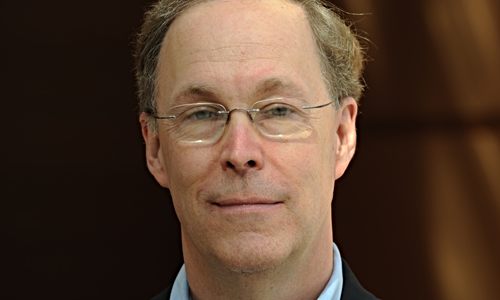Nobel Prize-winning US economist Douglas W. Diamond advises Switzerland to strengthen its oversight over its dealings with the combined UBS.
Speaking at an investor conference in Paris, Douglas W. Diamond said Switzerland should think carefully about how to supervise the banking colossus UBS after it swallowed up Credit Suisse, the «Handelszeitung» reported Monday (behind paywall).
Bad Marks for Supervision
A global bank shouldn't be tolerated if it cannot be rescued in an emergency, Diamond explained. While praising UBS for its exemplary culture of risk reduction, supervision should be tightened, said the American economist who was awarded the Nobel Prize in Economics last year, along with Ben Bernanke and Philip Dybvig.
Groundbreaking Research
According to the Nobel Prize committee, the three laureates laid the theoretical foundation for dealing with the 2008/2009 financial and debt crisis and the Corona pandemic in a way that didn't lead to a protracted global economic crisis, citing «Their work for research on banks and financial crises.»

Douglas W. Diamond (Image: University of Chicago).
Delayed Conversion of AT1 Bonds
Diamond expressed disappointment over the collapse of Credit Suisse, especially since Switzerland had gone further than other countries in regulating major banks following the financial crisis.
He also criticized the late write-off of subordinated convertible bonds (Additional Tier 1 bonds, AT1), arguing they should have been converted into equity much earlier instead of being written off altogether.
Failed Bonus Programs
Another lesson for Diamond is enacting better control management of risk behavior. To help with this, he proposes «bonus bonds», where the bonus is paid out in the form of contingent convertible bonds.
The idea is to make managers think more like bondholders and reduce risk.
Delicate Recapitalization
Diamond says the most important task facing regulators is recapitalizing the combined UBS without fomenting unrest.
To rebuild the capital base, he recommends special stress tests in which long-term assets are valued at market price combined with a dividend freeze.


































